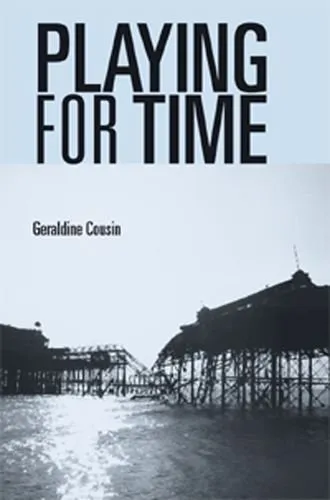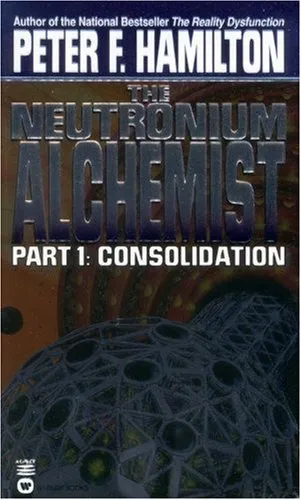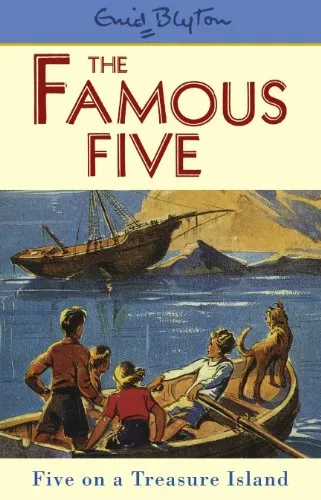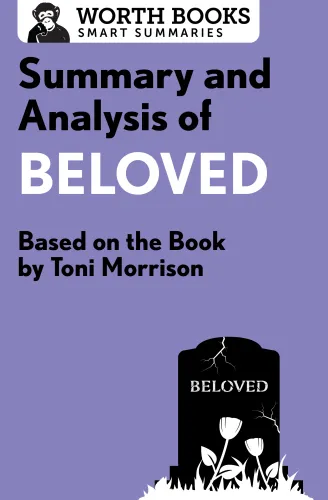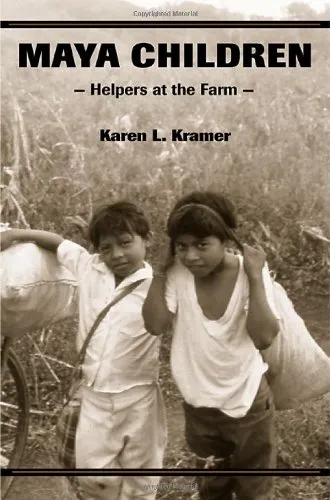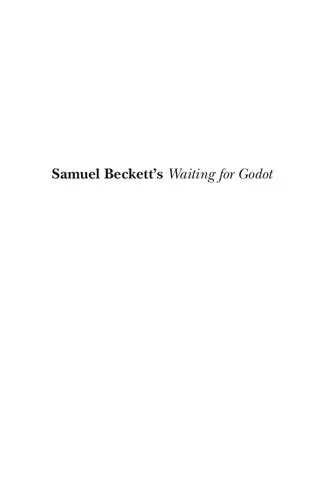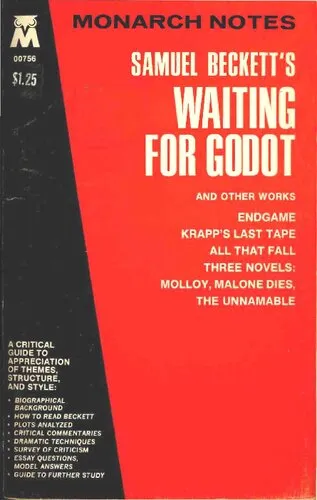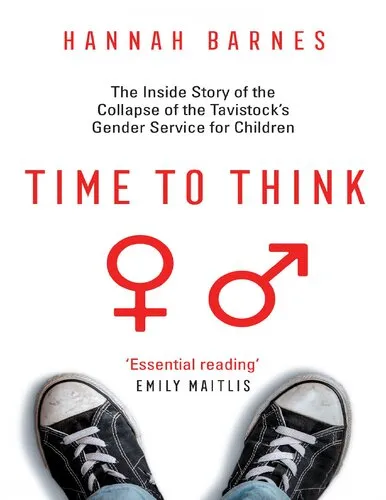Playing for Time: Stories of Lost Children, Ghosts and the Endangered Present in Contemporary Theatre
4.5
Reviews from our users

You Can Ask your questions from this book's AI after Login
Each download or ask from book AI costs 2 points. To earn more free points, please visit the Points Guide Page and complete some valuable actions.Related Refrences:
Welcome to 'Playing for Time: Stories of Lost Children, Ghosts and the Endangered Present in Contemporary Theatre', an insightful exploration of the ways contemporary theatre navigates the complexities of time, memory, and the spectral presences that haunt our lives. This book delves into the narratives of lost children, ghostly figures, and the fragile nature of our present existence as portrayed on the stage.
Detailed Summary of the Book
The book takes a profound look into how modern theatre confronts themes of displacement, transience, and the phantoms of our past. Through an analysis of various plays, 'Playing for Time' discusses how these performances articulate the concept of loss and the quest to make peace with a tumultuous present. Geraldine Cousin investigates how theatre not only reflects societal anxieties but also serves as a medium for potential redress and healing.
Structured around key thematic concerns, the book considers the representations of lost children, both literal and metaphorical, and examines how these figures embody a society grappling with unresolved histories. It also addresses how ghostly apparitions are theatrical tools for exploring absence, longing, and unfinished narratives. Importantly, it questions what it means to exist in an 'endangered present' — a world where certainty is scarce, and the future is perpetually uncertain.
Key Takeaways
- Theatre serves as a reflective surface for society, where themes of loss, memory, and time are consistently re-examined.
- Lost children in theatre are powerful symbols of societal angst, representing innocence, forgotten futures, and unresolved pasts.
- Ghosts function as metaphors for memory and loss, emphasizing what has been left unsaid or undone.
- The concept of the 'endangered present' challenges audiences to confront the impermanence and fragility of our current time.
Famous Quotes from the Book
"Theatre is a mirror through which we see not only what is but what might yet come to pass."
"In the shadow of the ghost lies the story of the voices yet to be heard."
"Theatre is not just a telling of stories but an invocation of the memories that refuse to die."
Why This Book Matters
This book is a vital contribution to theatre studies and cultural criticism, serving as an essential resource for understanding the transformative power of theatre. By critically examining various theatrical representations of lost children and ghosts, it provides readers with a lens through which to view the persistent tensions between past and present. The book is invaluable for scholars, theatre practitioners, and anyone interested in how art can articulate and address existential and cultural issues.
Through 'Playing for Time', readers are invited to consider how stories about time and memory influence our perception of reality. It encourages audiences to engage with theatre not just as entertainment but as a potent site for self-reflection and societal commentary. Ultimately, the book underscores the importance of theatre as an art form that continues to challenge, provoke, and inspire dialogue about the world we inhabit.
Free Direct Download
You Can Download this book after Login
Accessing books through legal platforms and public libraries not only supports the rights of authors and publishers but also contributes to the sustainability of reading culture. Before downloading, please take a moment to consider these options.
Find this book on other platforms:
WorldCat helps you find books in libraries worldwide.
See ratings, reviews, and discussions on Goodreads.
Find and buy rare or used books on AbeBooks.
1294
بازدید4.5
امتیاز0
نظر98%
رضایتReviews:
4.5
Based on 0 users review
Questions & Answers
Ask questions about this book or help others by answering
No questions yet. Be the first to ask!
